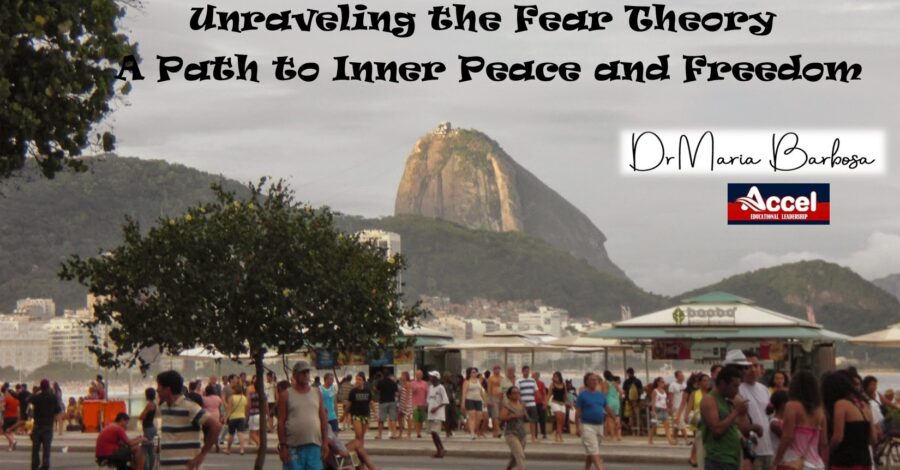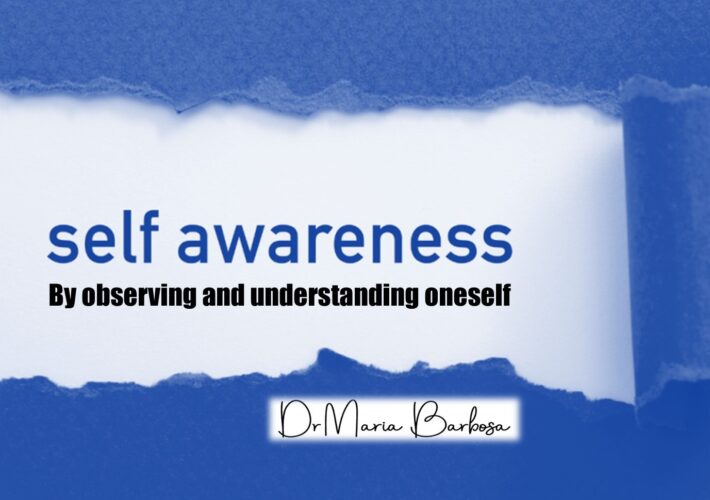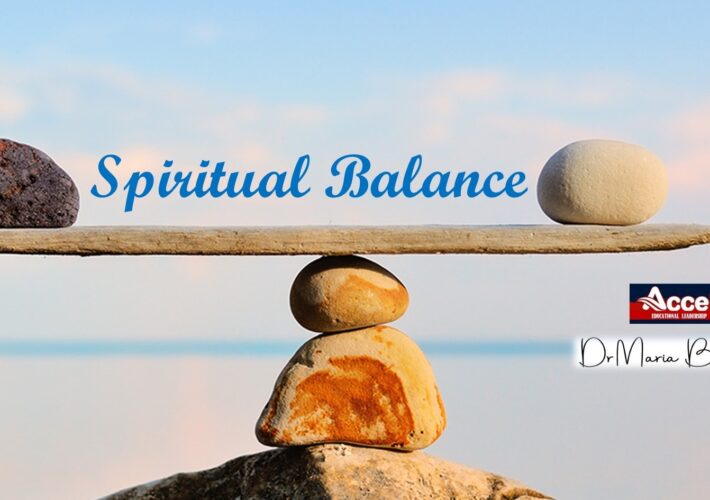A Path to Inner Peace and Freedom
Introduction
In a world driven by expectations of fairness and equality, the fear theory asserts that life should always adhere to a standard of absolute parity. However, dwelling too deeply on this belief can lead to a life entangled with misery and anxieties. It’s crucial to understand that the fear of an unfair existence is often rooted in self-created expectations that may not align with reality. To find solace and balance, scripture offers guidance, reminding us of the profound grace and peace available through trust in a higher power.
Balancing the Scales of Fairness
Many individuals spend a significant portion of their lives meticulously calculating fairness, evaluating what they have received versus what they have given. This self-imposed accounting system, based on subjective notions of fairness, may deviate from the objective reality. Moreover, the struggle to forgive oneself for past mistakes can perpetuate a cycle of self-blame and hinder the pursuit of happiness.
Overcoming Self-Blame and Unfairness: Embracing Forgiveness
The journey to self-forgiveness often involves letting go of resentment towards oneself and accepting that everyone makes mistakes. Blaming external factors, be it parents or a higher power, can perpetuate a sense of unfairness. Instead, acknowledging personal responsibility and embracing forgiveness is key to breaking free from the chains of self-blame.
The Role of Fear in Human Weakness
Fear, identified as one of the most pervasive human experiences, stems from the absence of a spiritual connection. The correlation between faith and fear is evident, emphasizing that a life guided by faith significantly reduces the grip of fear. Scriptures reinforce the idea that with the divine on our side, there is no reason to succumb to fear.
Causes of Fear
Understanding the root causes of fear is essential. From childhood experiences to disobedience to spiritual guidance, fear manifests in various forms. The more one distances themselves from spiritual alignment, the more prevalent fear becomes. Conversely, embracing faith and obedience diminishes the power of fear, highlighting its universal nature.
The Impact of Childhood Experiences on Fear: Temperament Traits and Fear
Examining temperament traits reveals that even seemingly confident individuals may harbor tendencies towards fear. Introverts, including Melancholic, Supine, and Phlegmatic temperaments, can grapple with fear despite outward appearances. Recognizing and addressing these inherent tendencies is crucial for personal growth.
Parental Influence on Fear
Psychological experts affirm that parental love, understanding, and acceptance are fundamental to a child’s emotional well-being. Overprotection or domination can instill fear in children, hindering their ability to navigate the world confidently. Striking a balance between discipline and love is vital for fostering emotional resilience in children.
Traumatic Experiences and Lifelong Fear
Traumatic experiences, such as assault or molestation, can leave lasting emotional scars that manifest as fear throughout adulthood. Acknowledging and addressing these hidden marks is essential for overcoming fear consciousness. Individuals with traumatic pasts may carry fear without fully understanding its origins.
The Enigma of Fear: Unraveling the Reasons We Struggle to Confront Our Fears
Fear, an innate and universal emotion, often eludes our attempts at comprehension and control. Despite our best efforts, there are moments when we find ourselves grappling with the complexities of our fears, unsure of how to navigate the turbulent waters of our emotions. This article delves into the intricacies of why we, at times, struggle to handle our fears with the poise and understanding they demand.
The Elusive Nature of Fear: Fear as a Complex Emotion
Fear is not a one-size-fits-all emotion; it manifests in various forms and intensities, making it a complex and multifaceted experience. The intricacies of fear lie in its ability to be both rational and irrational, rooted in reality or a product of our imagination. Understanding this duality is the first step in deciphering why fear often escapes our grasp.
Fear of the Unknown
One of the primary reasons we struggle with fear is its association with the unknown. Uncertainty breeds anxiety, and the fear of what we cannot predict or control can be paralyzing. Our minds, wired to seek security, grapple with the ambiguity that the unknown brings, leading to heightened fear responses.
The Psychological Landscape of Fear: Cognitive Biases and Negative Thought Patterns
Our minds are susceptible to cognitive biases and negative thought patterns that amplify our fears. Self-criticisms and absolute beliefs about our worth can create a breeding ground for fear. Negative events, whether directly or indirectly related to us, can fuel thoughts of unworthiness, intensifying our struggle to confront and manage fear effectively.
Childhood Conditioning
Childhood experiences play a pivotal role in shaping our relationship with fear. The need for love, understanding, and acceptance during formative years is crucial for emotional resilience. Overprotective parenting or traumatic events during childhood can instill fear patterns that persist into adulthood, making it challenging to navigate fear with maturity.
Fear and Spiritual Disconnect: The Void Without Faith
Fear finds fertile ground in the absence of spiritual connection. The correlation between faith and fear is a delicate dance that influences our ability to confront life’s uncertainties. A lack of faith can leave us vulnerable to the grip of fear, as evidenced by the wisdom in scriptures that encourages trust and steadfastness to overcome fear.
The Ripple Effect of Disobedience
As individuals distance themselves from spiritual guidance, the intensity of fear tends to magnify. The more one deviates from obedience to higher principles, the more pervasive fear becomes. Recognizing the spiritual dimension of fear is essential in understanding why it often feels elusive and challenging to manage.
The Human Condition: A Tapestry of Fear: Temperament Traits and Fear Tendencies
Examining temperament traits reveals that fear tendencies are woven into the fabric of the human condition. Even individuals with seemingly confident temperaments may harbor underlying fears. Recognizing these inherent tendencies is crucial for self-awareness and the development of effective coping mechanisms.
Traumatic Experiences: Lingering Scars of Fear
Traumatic experiences, especially during childhood, can leave lasting emotional scars that contribute to a heightened fear consciousness. The impact of these hidden marks often goes unnoticed, leading individuals to grapple with fear without fully understanding its origins. Addressing and acknowledging these scars is paramount for breaking free from the shackles of fear.
Conclusion: A Journey to Inner Freedom
Whether rooted in the unknown, psychological intricacies, or spiritual disconnect, understanding the reasons behind our struggles with fear is a crucial step toward mastering this intricate emotion. By acknowledging the multifaceted nature of fear, we discover the way for a more compassionate and informed approach to handling the fears that inevitably cross our paths. That is why its important to understanding its origins and embracing forgiveness are fundamental. Whether rooted in childhood experiences, temperament traits, or traumatic events, fear can be transcended through spiritual alignment and self-compassion. Breaking free from the fear belief system requires a commitment to self-forgiveness, faith, and a genuine understanding of one’s intrinsic worth.
WhatsApp (386-206-6325)
Maria Pinto Barbosa PhD / PHD-Doctor of Philosophy in Christian Clinical Counseling
ACCEL-Holistic Life Coach / Founder-Director of ACCEL Educational Leadership / Specialized on Temperaments – Personalities / Bachelor of Theology in Pastoral leadership and FSBA Certified as School Board of Education #DrBarbosa
Discover more from Dr Maria Barbosa
Subscribe to get the latest posts sent to your email.





